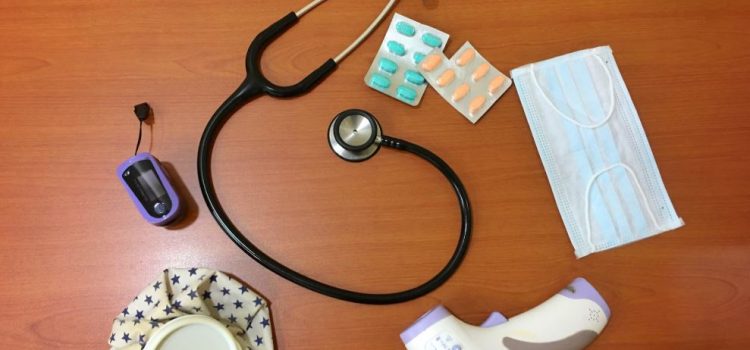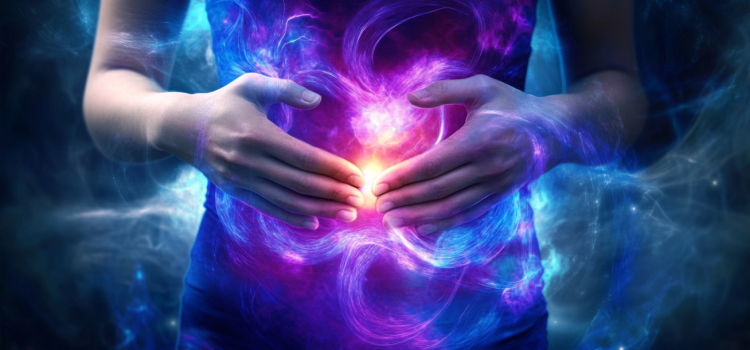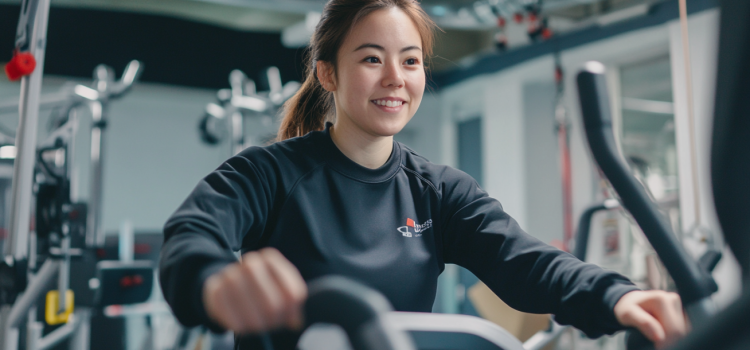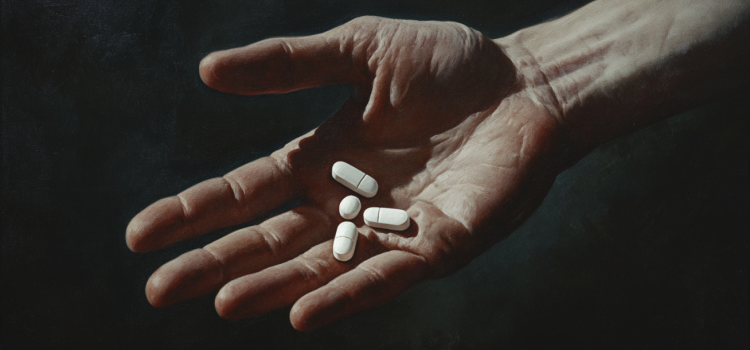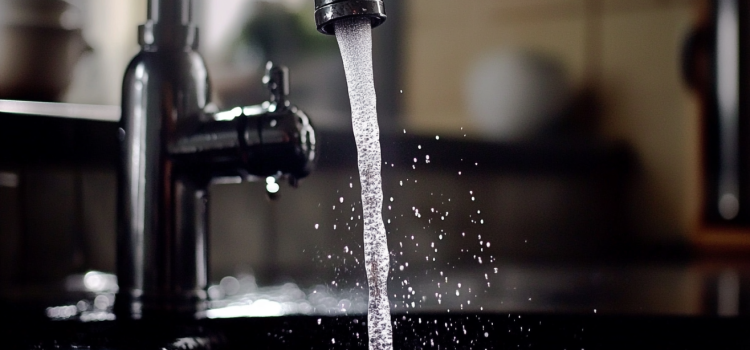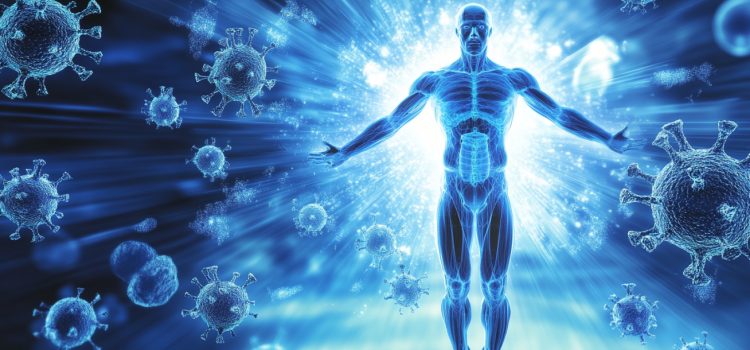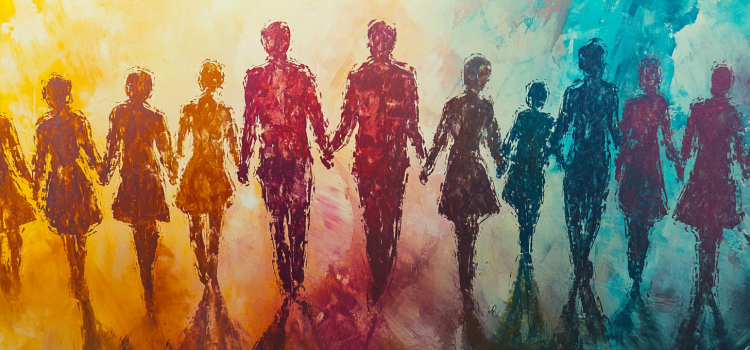What’s the difference between functional medicine and traditional medicine? What can functional medicine do for autoimmune disease? In her book The Autoimmune Solution, functional medicine physician Amy Myers asserts that a functional medicine approach is required to treat autoimmune disease. She insists that modern lifestyles are more to blame than genetics. Keep reading to learn what’s causing the autoimmune epidemic.
The Functional Medicine Approach to Autoimmune Disease


